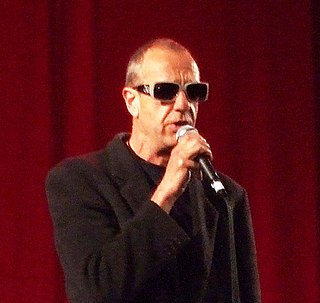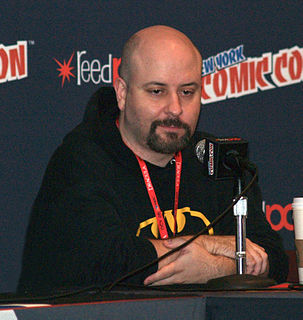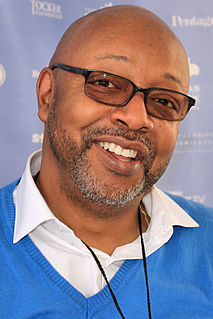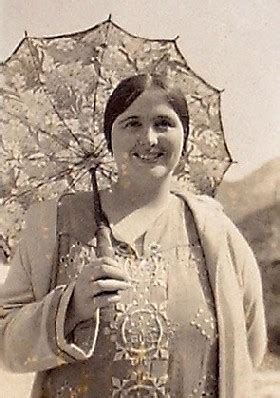A Quote by Arthur Smith
A savage review is much more entertaining for the reader than an admiring one; the little misanthrope in each of us relishes the rubbishing of someone else.
Related Quotes
What's been important in my understanding of myself and others is the fact that each one of us is so much more than any one thing. A sick child is much more than his or her sickness. A person with a disability is much, much more than a handicap. A pediatrician is more than a medical doctor. You're MUCH more than your job description or your age or your income or your output.
Poems very seldom consist of poetry and nothing else; and pleasure can be derived also from their other ingredients. I am convinced that most readers, when they think they are admiring poetry, are deceived by inability to analyse their sensations, and that they are really admiring, not the poetry of the passage before them, but something else in it, which they like better than poetry.
How many of us have conflicts with someone else- and how many of us pray for that person? We have individuals with whom we are competitive, or whom we dislike or have a quarrel with; but very few of us have true enemies in the martial sense. And yet if Lincoln could pray fervently- and contemporary reports indicate he did- for the people who were opposing him, how much more can we do for someone we just find a little irritating?
Perhaps the greatest charity comes when we are kind to each other, when we don’t judge or categorize someone else, when we simply give each other the benefit of the doubt or remain quiet. Charity is accepting someone’s differences, weaknesses, and shortcomings; having patience with someone who has let us down; or resisting the impulse to become offended when someone doesn’t handle something the way we might have hoped. Charity is refusing to take advantage of another’s weakness and being willing to forgive someone who has hurt us. Charity is expecting the best of each other
Hopefully we can come together without tragedy making us do this. Because ultimately underneath it all, at the risk of sounding cliché, we have so much more in common than we do different. When someone loves someone we should celebrate that and be happy for the people in love. That's the goal. We're all here because we want to be loved and love someone else.
We live in a very self-absorbed age. I guess it's naturally human to think about my own problems as somehow greater than someone else's. I think when any one of us begins to think that way, it might be well to look beyond ourselves. Who am I to say that I am more handicapped, or suffering more, than someone else?
The detective story itself is in a dilemma. It is a vein which is in danger of being worked out, the demand is constant, the powers of supply variable, and the reader, with each one he absorbs, grows a little more sophisticated and harder to please, while the novelist, after each one he writes, becomes a little more exhausted.
People are always pleased to indulge their religiosity when it allows them to stand in judgment of someone else, licenses them to feel superior to someone else, tells them they are more righteous than someone else. They are less enthusiastic when religiosity demands that they be compassionate to someone else. That they show charity, service and mercy to everyone else.
I believe that at the center of the universe there dwells a loving spirit who longs for all that’s best in all of creation, a spirit who knows the great potential of each planet as well as each person, and little by little will love us into being more than we ever dreamed possible. That loving spirit would rather die than give up on any one of us.
Books are frozen voices, in the same way that musical scores are frozen music. The score is a way of transmitting the music to someone who can play it, releasing it into the air where it can once more be heard. And the black alphabet marks on the page represent words that were once spoken, if only in the writer's head. They lie there inert until a reader comes along and transforms the letters into living sounds. The reader is the musician of the book: each reader may read the same text, just as each violinist plays the same piece, but each interpretation is different.
Our thought should not merely be an answer to what someone else has just said. Or what someone else might have said. Our interior world must be more than an echo of the words of someone else. There is no point in being a moon to somebody else's sun, still less is there any justification for our being moons of one another, and hence darkness to one another, not one of us being a true sun.

































